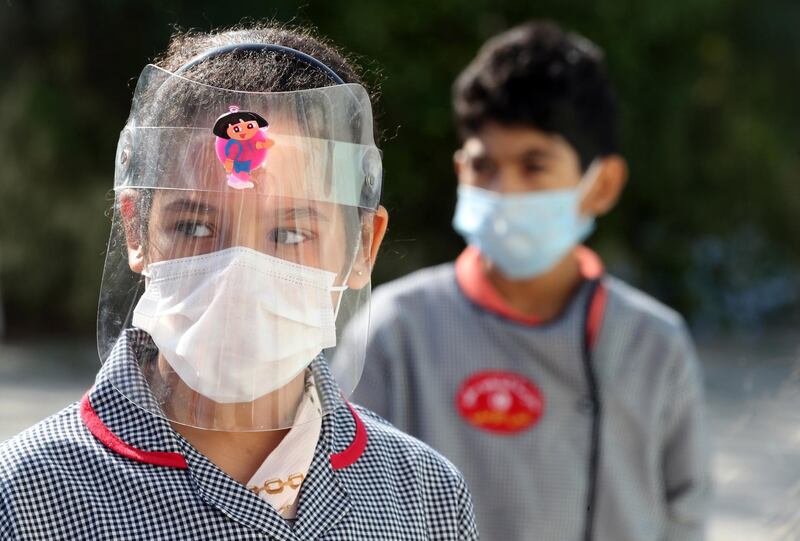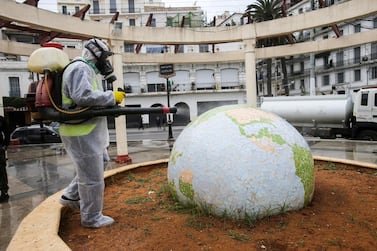Tunisian authorities will ban all gatherings and reduce working hours for employees in the public sector to stop the rapid spread of the coronavirus, Prime Minister Hichem Mechichi said on Saturday.
The decision was taken as fears grew that hospitals in the country will be unable to cope with a high number of patients because of the shortage of beds in intensive care units.
"If we don't manage to flatten this curve, which is really going up, we risk being overwhelmed," Hechmi Louzir, spokesman of the scientific committee for the fight against Covid-19, told the French news agency AFP on Saturday.
"The capacities of the Tunisian health system have not yet been saturated but we are starting to have some problems" in greater Tunis and the coastal city of Sousse, he said, warning of "a lack of human resources" in intensive care units.
Dr Louzir said 345 Covid-19 patients were hospitalised, and 120 of them required oxygen support, as of October 1.
The number of coronavirus cases has jumped to more than 20,000 compared with about 1,000 cases before the country's borders were reopened on June 27.
On Friday, the country's health ministry announced there were 1,308 new coronavirus cases since Wednesday, a record since the start of the pandemic, prompting the government to impose night-time travel restrictions in two governorates.
The new measures, in Sousse and Monastir, were designed to curb the increase in infections.
In a speech announcing the latest measures to combat the virus, Mr Mechichi said he gave orders to Tunisia's governors to introduce regional lockdowns if necessary.
But he said it was unthinkable to reimpose a nationwide lockdown because of the economic collapse caused by the first lockdown in March.
Tunisia's tourism-dependent economy shrank 21.6 per cent in the second quarter compared with the same period last year as a result of the pandemic and measures to curb it.







